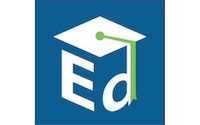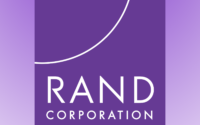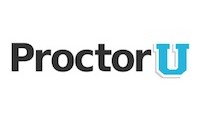
Cheating and Plagiarism in E-Assessment: Students’ Perspectives
The aim of this study was to identify students’ perceptions on cheating and plagiarism and trust in e-assessment according to their assessment experience and mode of learning as well as exploring their concerns in e-assessment. Participants were 952 students from two public universities in Turkey and Bulgaria. The study was designed as a cross-sectional survey. […]
















